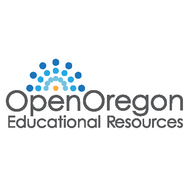Introduction to Archaeology Course Docs
(View Complete Item Description)Course readings and assignments for Introduction to Archaeology course. Readings are from the library ebook World Prehistory: a brief introduction by Brian Fagan and Nadia Durrani. Taylor and Francis 2016 9th ed. ISBN 9781315641133. Course Description Introduces archaeology as the anthropological study of humans in the past and the present through the examination of cultural materials and human remains. Considers archaeological theories and methods and ethical issues related to cultural resource management and excavation. Examines systems of power and social justice related to ancient societies and compares them wit h similar systems and issues in contemporary societies from an anthropological perspective. Prerequisites: WR 115, RD 115 and MTH 20 or equivalent placement test scores. Audit available. Intended Outcomes for the course Upon completion of the course students should be able to: Use an understanding of archaeological methods and theories to evaluate artifacts and other data. Describe the impact of human beings on the environment over time and in different ecological settings. Discuss ethical issues related to cultural resource management and the excavation and study of human remains associated with indigenous societies from an anthropological perspective. Examine systems of power and social justice related to ancient societies and compare them with similar systems of power and privilege in contemporary societies from an anthropological perspective.
Material Type: Homework/Assignment




















